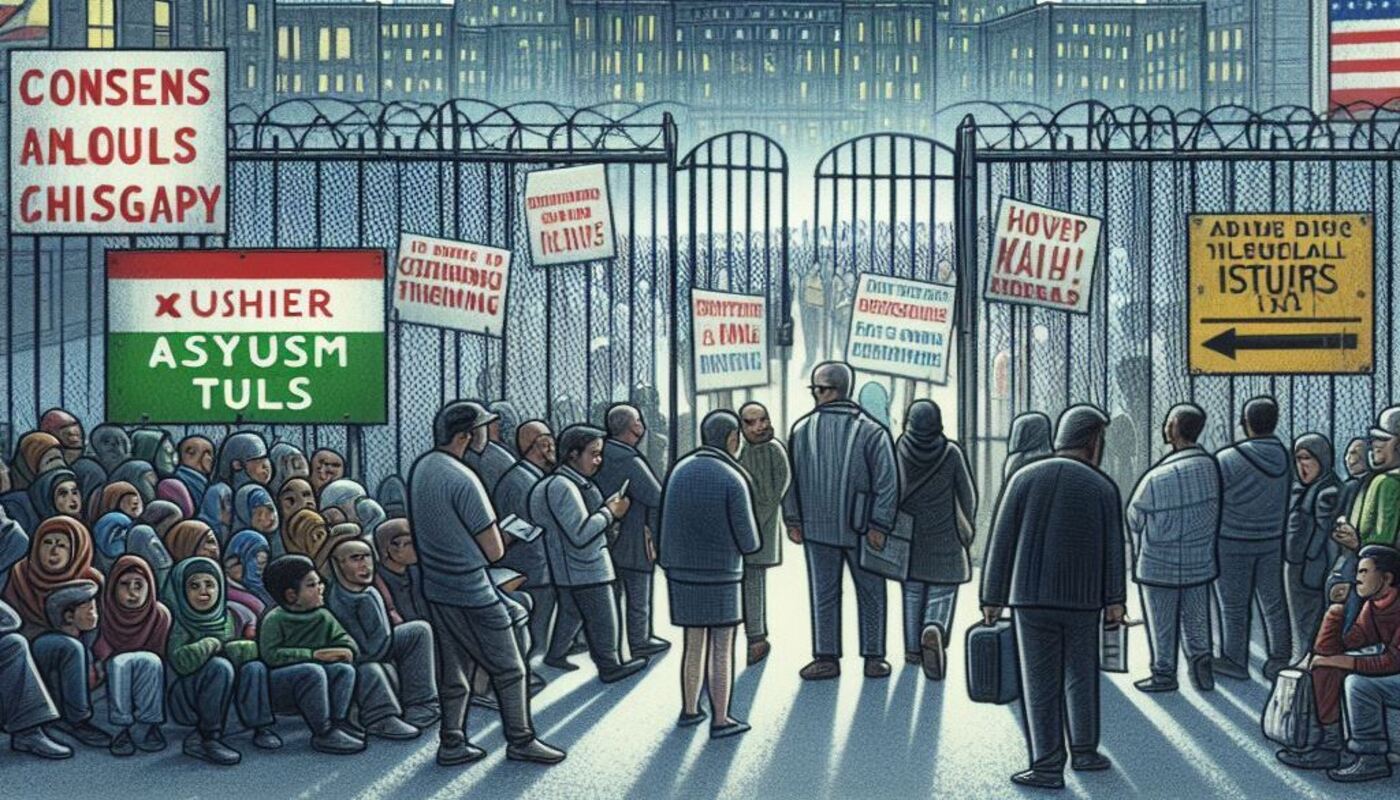The U.S. Supreme Court has paved the way for Texas to enact a groundbreaking immigration law empowering state and local law enforcement officers to detain and expel migrants crossing into the state from Mexico without authorization. This decision comes after the Biden administration challenged the law’s constitutionality, citing federal authority over immigration enforcement.
In a significant move, the Supreme Court declined to block the law’s implementation, opting instead to refer the case back to an appellate court for expedited consideration. Justice Amy Coney Barrett emphasized the need for a prompt resolution, signaling the potential for further review by the Supreme Court.
Critics argue that the law could lead to the detention of migrants far from the border based solely on suspicion of illegal presence. Meanwhile, Texas intends to expand border security measures, including razor wire barriers and National Guard deployment, raising questions about jurisdiction and immigration enforcement dynamics.
Previously, a Federal District Court judge in Austin had temporarily halted the law, citing conflicts with federal statutes and constitutional principles. However, the U.S. Court of Appeals for the Fifth Circuit issued an administrative stay, allowing the law to proceed temporarily while longer-term legal considerations are weighed.
The Texas law, known as Senate Bill 4, criminalizes unauthorized entry into the state, granting state law enforcement broad authority to prosecute offenders. Despite assertions by Texas lawmakers that the law aligns with existing federal statutes, concerns persist regarding its potential to undermine federal immigration authority and due process rights, particularly for asylum seekers.
The legal battle surrounding this law underscores broader debates over states’ roles in immigration enforcement and the scope of federal authority in setting immigration policy. As the law’s implementation unfolds, its implications for immigration enforcement and constitutional principles will continue to be scrutinized and contested in courts across the nation.
Source: NY Times

















